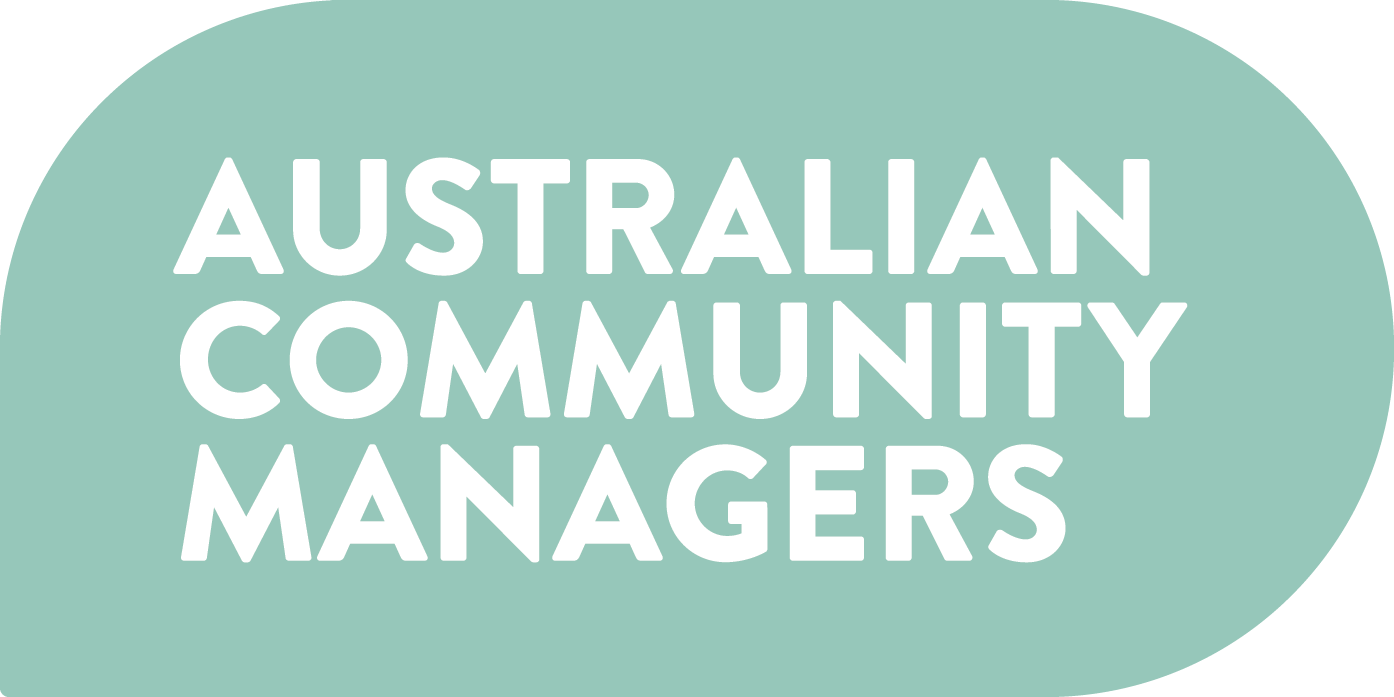How to manage burnout & vicarious trauma
Serena Snoad, founder of Good Community, a community building consultancy.
Burnout and vicarious trauma are common in moderation- and they can be extremely damaging to our mental health. Community specialist Serena Snoad shared practical strategies to tackle these issues at the All Things In Moderation conference.
What are burnout and vicarious trauma?
Burnout is different to stress: it occurs over a longer period, like weeks or months. Stress can lead to burnout if experienced repeatedly and left unaddressed, leaving you feeling drained, helpless, or apathetic.
Vicarious trauma often occurs as a result of supporting or observing people who have experienced trauma. It is commonly seen in caring roles, including moderation, where it can develop after seeing toxic content or communicating with community members in crisis. Signs of vicarious trauma include feeling guilt for living a normal life, numbness or cynicism, and finding it difficult to be compassionate towards others.
The main differences between burnout and vicarious trauma are the speed at which they develop, what causes them, and symptoms (although there may be some overlap). Burnout is the slow depletion of energy and motivation over time, whereas vicarious trauma can appear quickly and impacts our compassion or empathy.
Serena discusses preventing burnout and vicarious trauma before it starts.
How to limit the impact of burnout and vicarious trauma
Start with self awareness.
This means:
Being conscious of your inner experience and aware of your emotions and thoughts
Knowing your goals, your motivations and your values
Showing compassion towards yourself and accept who you are
Practising self-reflection, thinking deeply about your thoughts and goals.
By putting us in touch with our thoughts and feelings, self-awareness allows us to recognise when we’re no longer thriving in our roles and may be experiencing the effects of burnout or vicarious trauma. You might notice, for example, that you’re starting to neglect self-care, or your motivation is lessened.
Take action to protect your wellbeing.
Remember mental health is a continuum. You can be anywhere on this continuum, from thriving and excelling at work, to beginning to experience the impacts of chronic stress, to crisis and burnout. Recognising this means you can take action when your mental health starts to decline. Most importantly, know that it won't always be like this: your mental health circumstances can change and get better.
Recognise when healthy stress becomes too much stress. Experiencing stress is part of being human. In small amounts, it can challenge us and help keeps us alerts. However, if you're fatigued, exhausted, anxious, or feel overloaded, you're likely experiencing stress that can lead to burnout. Whether burnout will occur is dependent on how long you've been struggling, the resources and supports you have, but you can combat this early by regularly checking in with yourself and your emotions. Consider: where are there elements of too much stress in your workplace or personal life?
Focus on effective self-care. Self-care is the foundation for resilience and strength, putting us in the best position to tackle burnout and vicarious trauma before they start. You don't need an elaborate routine to prevent burnout. Instead, start by gradually building healthy habits every day. These should be personal and reflect what brings you joy.
Identify and access support. If you're already feeling the effects of burnout or vicarious trauma, it's important to identify support networks who can help you. These networks can incorporate employment/management support, therapeutic support or social support from family and friends. If you're seeking employment supports and worried about discussing this with your employer, remember they will want to retain you. You may find supports or crisis plans you aren't aware of as a result of raising the issue.
Serena discusses institutional supports for moderator wellbeing.
Step away and recover.
Sometimes the best strategy for dealing with these challenges is to take a step back. You might want to step away from the situation that is putting pressure on you, or step away from work entirely. Use this time to gradually reset your routine and practice self-care to recharge your energy. The time needed to recover from vicarious trauma and burnout is different for everyone: make sure to give your mind and body the best chance to reset.
Burnout and vicarious trauma are significant challenges, but they can be overcome. If community managers have strategies and supports to identify and address vicarious trauma, they can excel and thrive both personally and in the workplace.
All Things in Moderation ran online 11-12 May 2023 and featured over 25 expert contributors from around the world and across practitioner, academic and policy disciplines.




